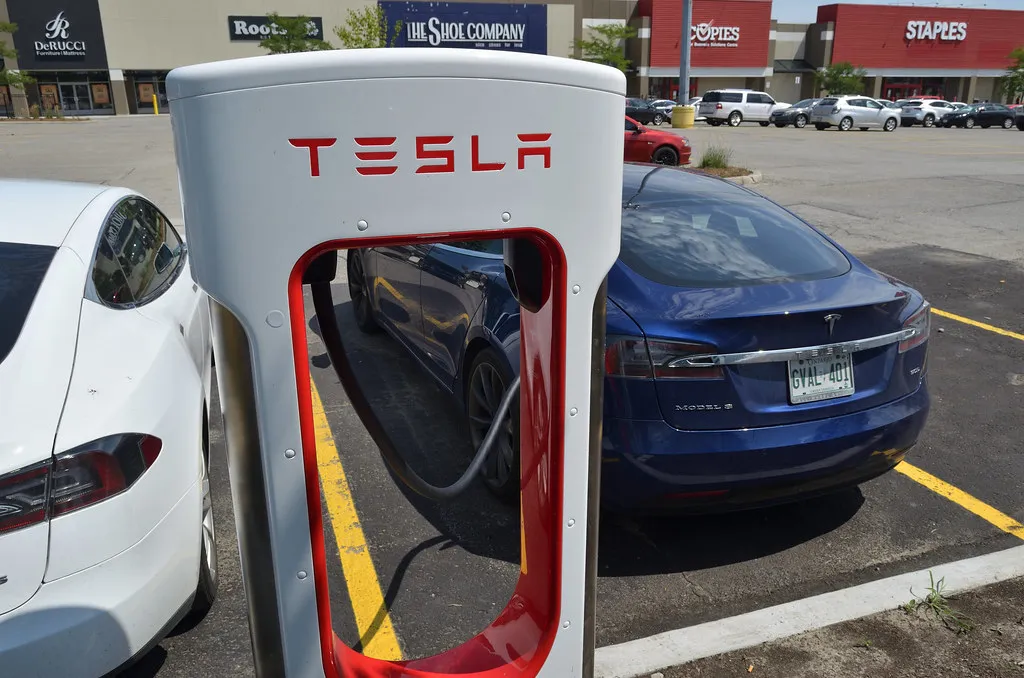Imagine cruising down the highway while your passengers stream their favorite shows, check emails, or even join a video call without a hitch. With WiFi in your car, this isn’t just a dream—it’s a reality. Gone are the days of relying on spotty mobile data or waiting for the next rest stop to reconnect.
Having WiFi on the go transforms your car into a mobile hotspot, making road trips more enjoyable and productive. Whether you’re navigating through city traffic or embarking on a cross-country adventure, staying connected has never been easier. So, buckle up and discover how car WiFi can change the way you travel.
Understanding WiFi in Your Car
In-car WiFi keeps you connected on the road. You’ll get better travel experiences with continuous internet access.

The Basics of In-Car WiFi
In-car WiFi turns your car into a mobile hotspot. It uses cellular data from a telecom provider. Passengers can connect their devices to the hotspot. Multiple devices can connect simultaneously.
Different Technologies Powering In-Car WiFi
Several technologies enable in-car WiFi. The primary method uses built-in cellular modems. Some cars come with factory-installed modems. Other cars use plug-in devices that fit in the OBD-II port. Standalone mobile hotspots can also provide WiFi in your vehicle. Each type offers its own benefits based on use case.
Benefits of Having WiFi in Your Car
WiFi in your car offers numerous advantages that enhance travel experiences. Stay connected, entertained, and informed effortlessly.
Entertainment on the Go
Stream movies, TV shows, and music. Passengers can enjoy uninterrupted entertainment on long trips. Kids can watch cartoons or play games.
Navigation and Real-Time Updates
Access real-time traffic updates. Use GPS for accurate navigation. Get instant weather reports to plan better.
How to Install WiFi in Your Car
Installing WiFi in your car isn’t difficult. Follow these steps to stay connected on the go.
Choosing the Right Hardware
Select the best hardware for your car’s WiFi. Consider standalone mobile hotspots, built-in modems, or OBD-II port devices. Each option has different connectivity features.
- Standalone Mobile Hotspots: Devices like MiFi create a portable WiFi network. They’re easy to move between vehicles.
- Built-In Modems: Integrated directly into the car, providing strong, reliable WiFi.
- OBD-II Port Devices: Plug into the car’s diagnostic port, offering quick, simple setup.
Step-by-Step Installation Guide
Follow these steps to install WiFi in your car:
- Choose Hardware: Select your preferred option from standalone, built-in, or OBD-II.
- Install Device: Place or plug in your chosen device.
- Mobile Hotspot: Turn on the device, follow the manufacturer’s setup instructions.
- Built-In Modem: Often pre-installed, activate via the car’s infotainment system.
- OBD-II Device: Plug into the OBD-II port, usually under the dashboard, and follow setup steps.
- Connect to Cellular Network: Insert a SIM card or connect to your cellular provider’s network. Follow prompts on the device’s interface or app.
- Configure Network: Set up your WiFi network name (SSID) and password. Access settings via the device or accompanying app.
- Test Connection: Ensure all devices can connect to the newly set up WiFi network. Check signal strength and connectivity.
By following these steps, you can easily install WiFi in your car.
Top Providers of In-Car WiFi Services
Choosing the right WiFi service for your car depends on various factors like coverage, cost, and data plans. You need to consider the top providers to make an informed decision.
AT&T
AT&T offers robust coverage across the US. Their in-car WiFi plans start at $25 per month for unlimited data. Users find the network reliable and fast.
Verizon
« 7 Surprising Reasons Why Your Touch-Up Paint Looks Lighter on Your Walls (And How to Fix It!)
10 Magical Window Painting Ideas for Christmas That Will Transform Your Home »
Verizon provides WiFi services with extensive coverage, especially in rural areas. Plans begin at $20 per month, offering 1 GB of data. They also offer family plans for multiple vehicles.
T-Mobile
T-Mobile features competitive pricing and good coverage. Plans start at $20 per month for 2 GB of data. Customers appreciate the speed and affordability.
Sprint
Sprint offers in-car WiFi through integrated connections in supported vehicles. Their plans are similar to T-Mobile, beginning at $20 per month for 2 GB of data. Their network coverage is steadily improving.
| Provider | Starting Price | Data Limit | Coverage |
|---|---|---|---|
| AT&T | $25/month | Unlimited | Nationwide |
| Verizon | $20/month | 1 GB | Nationwide |
| T-Mobile | $20/month | 2 GB | Nationwide |
| Sprint | $20/month | 2 GB | Improving |
Considering these options helps you determine which provider offers the best value based on your usage and travel needs. Evaluate the data limits and coverage areas to ensure continuous connectivity during your trips.
Safety and Security Considerations
Ensuring safety and security is essential when using WiFi in your car.
Keeping Your In-Car WiFi Secure
Securing your in-car WiFi prevents unauthorized access. Change the default SSID and password. Use WPA3 encryption if available. Regularly update the firmware of your WiFi device. Disable remote management features unless necessary. Limit the number of connected devices to reduce vulnerabilities.
Impact on Driving Distractions
WiFi can distract drivers if misused. Avoid using mobile devices while driving. Set up hands-free devices for necessary tasks. Ensure passengers limit activities that may draw your attention. Use apps that help minimize distractions by offering voice commands or controlled interfaces. Prioritize safety by focusing on driving.
Conclusion
Having WiFi in your car can transform your travel experience, keeping everyone connected and entertained. Whether you’re using it for work, streaming media, or navigating, the right setup makes all the difference. With various options and providers available, you can find a solution that fits your needs and budget.
Ensure your in-car WiFi is secure and safe to use, and always prioritize road safety by minimizing distractions. With a little effort, you can enjoy seamless connectivity on the go, making every journey more enjoyable and productive. Happy travels!















